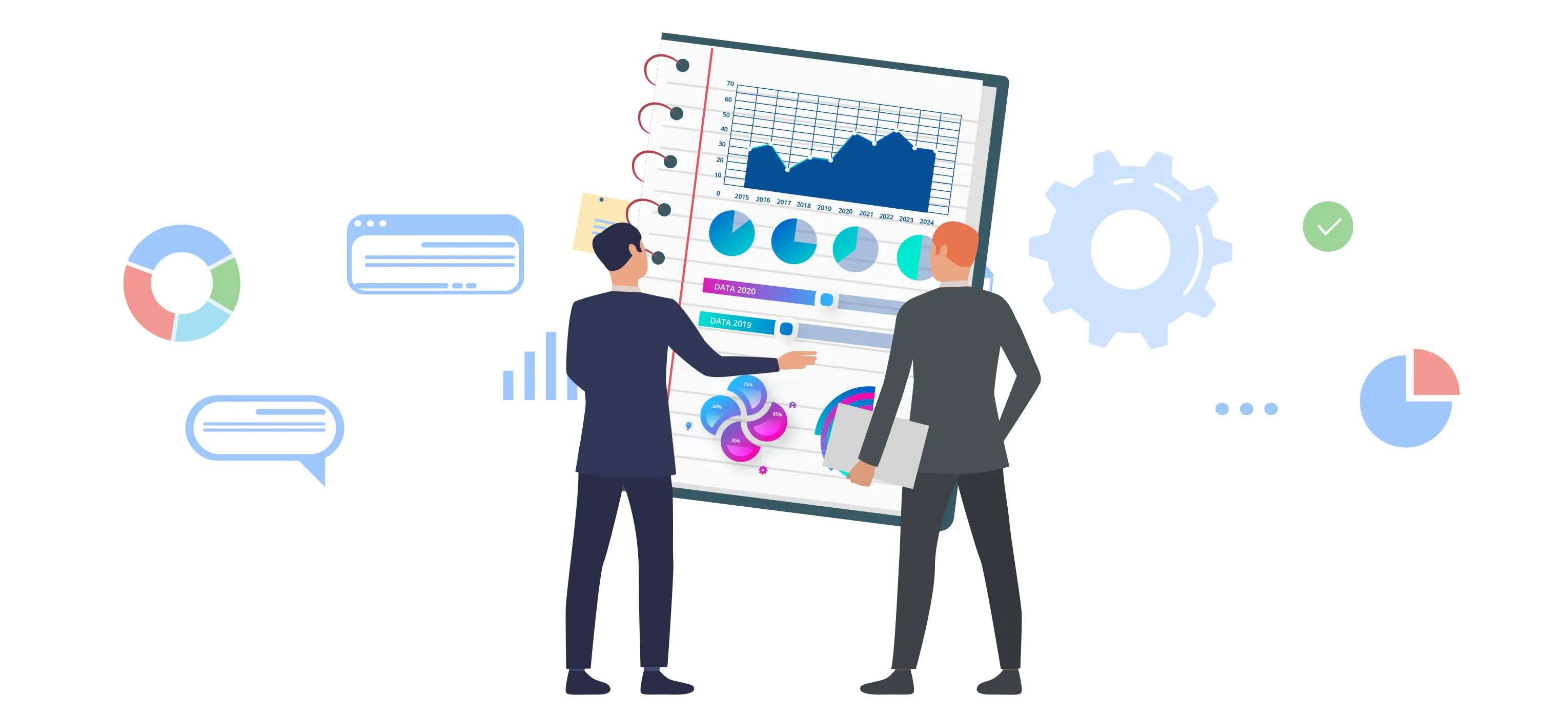Explore the best budget app for college students to manage expenses effectively and achieve financial success during college.
Managing finances can be a daunting task for college students, especially with the myriad of expenses they face. From tuition fees and textbooks to housing and daily living costs, the financial burden is significant. However, budgeting is an essential skill that can alleviate this stress and set the foundation for a financially stable future.
Budgeting involves creating a plan for how you will spend your money, ensuring that your expenses do not exceed your income. For college students, this often means balancing part-time job earnings, financial aid, and perhaps support from family. The goal is to minimize debt and avoid unnecessary expenses, making every dollar count.
With the advent of technology, budgeting has become more accessible and efficient. Numerous budgeting apps are designed specifically to cater to the needs of students, helping them track their expenses, set savings goals, and manage their finances effortlessly. These tools can provide invaluable insights into spending habits, highlight areas where one can cut costs, and ultimately promote smarter financial decisions.
Ready to take control of your finances and experience effortless savings? Download Vala today and start managing your budget with ease!
Challenges College Students Face With Budgeting

College students often encounter unique challenges when it comes to budgeting, which can complicate their financial management efforts. One of the primary challenges is the inconsistency of income. Many students rely on part-time jobs or seasonal work, leading to fluctuating incomes that can make it difficult to plan and stick to a budget.
Another common issue is the lack of financial literacy. Many students enter college with little to no prior experience in managing their own finances. This can lead to poor spending decisions, such as overspending on non-essential items or neglecting to save for emergencies. Additionally, the pressure to maintain a social life can often result in unplanned expenses, such as dining out, entertainment, and travel.
The high cost of textbooks and other educational materials is another significant challenge. These expenses are often underestimated and can disrupt even the most well-planned budgets. Furthermore, unexpected costs, such as medical emergencies or car repairs, can quickly derail a student’s financial plan if they do not have a safety net in place.
Finally, the overwhelming nature of balancing academics, work, and personal life can leave little time for students to focus on budgeting. This can lead to a lack of regular financial check-ins, making it easy to lose track of spending and savings goals.
Understanding these challenges is the first step towards overcoming them. By acknowledging the obstacles, students can seek out resources and tools designed to help them navigate their financial landscape more effectively.
Key Features To Look For In A Budget App

When searching for the best budget app for college students, it’s crucial to identify the key features that will best support your financial goals. Here are some essential attributes to consider:
- User-Friendly Interface: The app should be intuitive and easy to navigate. A simple, clean design ensures that you can quickly access important features and understand your financial status at a glance.
- Expense Tracking: Look for an app that allows you to categorize and track your expenses effortlessly. This feature helps you see where your money is going and identify areas where you can cut back.
- Budget Planning: The ability to set up and customize budgets for different categories, such as food, entertainment, and transportation, is vital. This feature helps you allocate your funds wisely and ensures you stay on track with your financial goals.
- Automated Syncing: An app that can sync with your bank accounts, credit cards, and other financial institutions saves time and reduces manual entry errors. Automated syncing ensures your data is always up-to-date.
- Goal Setting: Whether you’re saving for a spring break trip or building an emergency fund, the best budget apps allow you to set and track financial goals. This feature keeps you motivated and provides a clear path to achieving your objectives.
- Alerts and Notifications: Timely reminders about upcoming bills, low account balances, or spending limits can help you avoid late fees and overspending. Choose an app that offers customizable alerts to keep you informed.
- Security: Given the sensitive nature of financial data, the app should have robust security measures in place, such as encryption and multi-factor authentication, to protect your information.
By focusing on these key features, you can find a budget app that not only meets your needs but also makes managing your finances less stressful and more effective.
Top Budget Apps Recommended For Students

Choosing the best budget app for college students can be a game-changer in managing your finances. Here are some top budget apps highly recommended for students:
- Mint: Mint offers a comprehensive set of features, including expense tracking, budgeting, and goal setting. The app syncs with various financial accounts to provide a real-time overview of your finances. Its user-friendly interface and robust alert system make it a favorite among students.
- You Need A Budget (YNAB): YNAB is designed to help you take control of your money by giving every dollar a job. It emphasizes proactive budgeting and offers educational resources to help you improve your financial literacy. The app also provides detailed reports and insights into your spending habits.
- Vala: Vala stands out for its personalized approach to savings management. Designed with students in mind, Vala simplifies budgeting and expense tracking, making it easy to set financial goals and stick to them. The platform’s intuitive design and automated features save time and reduce financial stress.
- Goodbudget: Goodbudget uses the envelope budgeting method, which helps you allocate funds to different categories. This app is excellent for students who prefer a hands-on approach to budgeting. It also allows for sync across multiple devices, making it easy to manage shared expenses with roommates or friends.
- PocketGuard: PocketGuard helps you manage your money by showing you how much you can spend after accounting for bills, goals, and necessities. Its “In My Pocket” feature provides a quick snapshot of your available funds, helping you avoid overspending.
- Wally: Wally is a simple yet powerful budgeting app that supports multiple currencies and allows for easy expense tracking. Its clean interface and straightforward functionality make it an excellent choice for students new to budgeting.
These apps offer a variety of features tailored to student needs, making budgeting more accessible and effective. By leveraging these tools, you can gain better control over your finances and work towards your financial goals with confidence.
How To Maximize The Use Of Budget Apps

Once you’ve chosen the best budget app for college students, the next step is to maximize its use to achieve your financial goals. Here are some effective strategies to get the most out of your budgeting app:
- Set Clear Financial Goals: Having specific, measurable goals can help you stay motivated. Whether it’s saving for textbooks, a trip, or building an emergency fund, clearly defined goals give you a target to work towards.
- Regularly Update Your Transactions: Consistency is key. Make it a habit to log your expenses daily or weekly. Many apps allow you to connect your bank accounts for automatic updates, but manual tracking can help you stay more aware of your spending habits.
- Customize Categories: Most budgeting apps come with default categories, but customizing them to fit your unique spending habits can provide better insights. For example, if you frequently spend on coffee or school supplies, create specific categories for them.
- Review Reports and Insights: Take advantage of the analytical tools provided by your app. Regularly review spending reports and insights to identify patterns and areas where you can cut back.
- Set Up Alerts: Many apps offer alert features that notify you when you’re close to exceeding your budget in a particular category. These alerts can be invaluable in preventing overspending.
- Use the Budgeting Features: Utilize all the budgeting features your app offers, such as setting spending limits, creating savings goals, and tracking your progress. These features can help you stay disciplined and focused.
- Take Advantage of Educational Resources: Some apps, like YNAB and Vala, offer educational content to help you improve your financial literacy. Investing time in these resources can provide long-term benefits.
- Involve Friends or Family: If your app allows for shared budgeting, involve a trusted friend or family member. This can provide accountability and make it easier to manage shared expenses.
By implementing these strategies, you can make the most of your budget app and take control of your financial future. Remember, the key to successful budgeting is consistency and awareness, and these tools are designed to assist you every step of the way.
Benefits Of Effective Budgeting In College
Effective budgeting in college can bring a multitude of benefits that extend beyond just managing your finances. Here are some compelling reasons why every college student should prioritize budgeting:
- Financial Independence: Learning how to manage your money effectively helps in achieving financial independence. This skill is invaluable as you transition from college to the working world.
- Reduced Stress: Financial worries can be a significant source of stress for students. By maintaining a well-planned budget, you can alleviate these concerns and focus more on your studies and personal growth.
- Better Spending Habits: Budgeting helps you become more aware of your spending patterns. This awareness encourages better decision-making and fosters responsible financial behavior.
- Avoiding Debt: One of the most critical benefits of effective budgeting is the ability to avoid unnecessary debt. By tracking your expenses and planning your spending, you can minimize reliance on credit cards and loans.
- Savings for Future Goals: Whether it’s for a study abroad program, a new laptop, or even post-graduation plans, effective budgeting allows you to set aside money for future goals, ensuring you’re financially prepared for upcoming opportunities.
- Improved Credit Score: Managing your finances well in college can positively impact your credit score. A good credit score is essential for future financial endeavors like renting an apartment or taking out a loan.
- Enhanced Financial Literacy: Budgeting teaches you essential financial concepts and skills, such as understanding interest rates, investment options, and the importance of emergency funds. This knowledge is crucial for long-term financial health.
- Empowerment and Confidence: Successfully managing a budget can boost your confidence and provide a sense of empowerment. Knowing that you have control over your finances can positively impact other areas of your life.
By embracing effective budgeting practices, you not only enhance your financial stability but also set the stage for a more prosperous future. Ready to take control of your finances and experience effortless savings? Download Vala today and start managing your budget with ease!







